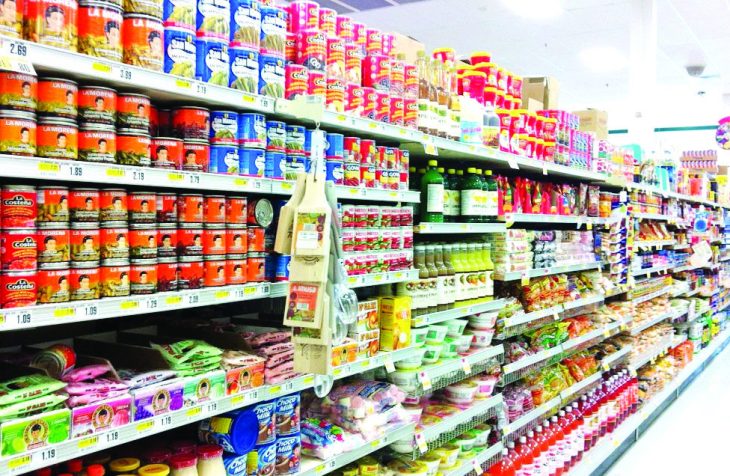
Navigating Inflation: How Malawi’s 1.85% Cost of Living Surge Impacts Your Business
Key Business Points
- Inflation concerns: The cost of living for an average household in urban areas has increased by 1.85 percent in September 2025, driven by rising transport costs and food price pressures, which may impact consumer spending power and business profitability.
- Operational costs: Businesses should anticipate potential increases in operational expenses, particularly in transport and logistics, due to rising transport costs, which may affect their bottom line and require adjustments to pricing strategies.
- Market opportunities: The persistent food price pressures present opportunities for local entrepreneurs to invest in agricultural production and food processing, potentially increasing food security and reducing reliance on imports, while also creating job opportunities and stimulating economic growth.
The recent increase in the cost of living for urban households in Malawi, driven by rising transport costs and food price pressures, has significant implications for the country’s business community. As nkhanza (business owners) and wafukula (entrepreneurs) navigate these challenges, it is essential to understand the underlying factors contributing to these trends. The 1.85 percent increase in the cost of living in September 2025 may lead to reduced consumer spending power, as households allocate a larger portion of their income towards essential expenses, such as food and transport.
Fodya (businesses) operating in the transport and logistics sector may need to adjust their madalitso (pricing strategies) to account for the rising costs, potentially impacting their chikashi (profit margins). On the other hand, the persistent food price pressures present opportunities for local entrepreneurs to invest in ulimi (agricultural production) and CHIPINDU (food processing), potentially increasing chakudya cha vutenji (food security) and reducing reliance on zinthu zina (imports).
As the business community in Malawi responds to these developments, it is crucial to consider the potential kufuma kwa nzeru (investment opportunities) in sectors such as agriculture and food processing. By kugwira ntchito (working together) and kufikirira pano (thinking critically) about these challenges, nkhanza and wafukula can identify innovative solutions to drive malamulo ya mtundu (economic growth) and improve the overall kugona (wellbeing) of Malawian households.
What are your thoughts on this business development? Share your insights and remember to follow us on Facebook and Twitter for the latest Malawi business news and opportunities. Visit us daily for comprehensive coverage of Malawi’s business landscape.
- Navigating Malawi’s Fiscal Crossroads: Strategies for Business Resilience Amidst Rising Debt - January 29, 2026
- ACE Africa Taps Seasoned Expert Muona to Spearhead Growth and Drive Business Momentum in Malawi - January 29, 2026
- Navigating Turbulence: How Fuel Price Volatility Impacts Malawi’s Business Landscape - January 29, 2026
